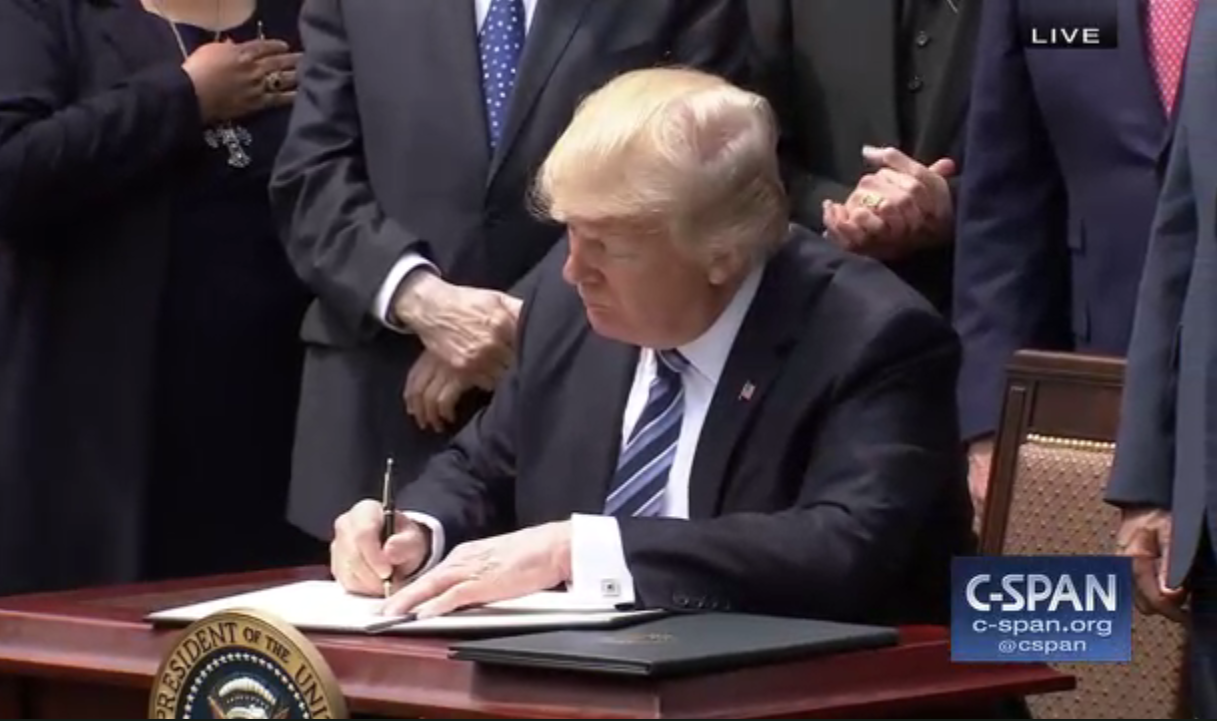Abortion rights, women of color, and LGBTQIA+ people are under attack. Pledge to join us in fighting for gender justice.
States Try to Fill the Gap as Billions in Federal Child Care Funding Expires. But Is It Enough?

“Billions in federal child care relief just expired. Costs are already skyrocketing.”
Despite calls from advocates, early educators, and parents, Congress has yet to act to provide the emergency funding that’s needed to stabilize the child care sector after $24 billion in federal child care funds through the American Rescue Plan Act expired on September 30, 2023.
The good news is that, in the face of this Congressional inaction, several states are acting to stave off the worst of the impacts for women, children, early educators, and businesses:
New York invested $500 million into their Workforce Retention Grant Program, which “can be used to provide bonus payments ranging from $2,300 to $3,000 to staff in caregiving roles, as well as to recruit new staff, offer sign-on and referral bonuses, and more.” This investment is designed to increase recruitment and retention of much-needed educators. (An urgent task considering that, as of September 2023, the child care sector was still down about 39,400 jobs when compared to February 2020).
Kentucky Governor Andy Beshear announced an additional $50 million in state funds for a final round of child care stabilization grants, to be given in December 2023. Previous rounds of stabilization grants were given to 1,725 programs, impacting up to 129,000 children across the state, by allowing providers to cover staffing and personnel costs, along with rent and mortgage payments.
And in Wisconsin, Governor Evers’ administration announced that it will use $170 million in federal funding to keep the state’s Child Care Counts program running through June 2025. Launched in 2020, this program has given almost $600 million dollars to nearly 5,000 child care providers in Wisconsin, helping them to retain staff, as well as cover rent, utility, and curriculum costs.
Wisconsin, Kentucky, and New York (among other states) have taken action to lessen or delay the full impact of the child care stabilization funds cliff. Because of these investments, providers will receive some support and some families won’t immediately lose access to child care.
Despite these states’ valiant efforts, they cannot do it alone. States simply don’t have the budgets to invest what is needed to first stabilize and then build the early childhood system that all families and early educators deserve.
That’s why federal funding is essential to complement state efforts to support child care providers and families. That’s not even to mention the many, many states that have not put forward significant investments in their child care sectors, which has left thousands of providers and millions of children and families across the country in the lurch.
What the child care sector desperately needs—and what we demand—is both an emergency investment of $16 billion in supplemental funding before the end of the year AND long-term commitment to child care through annual appropriations funding.
We’re not asking for anything groundbreaking. The child care sector already relies on federal funding in many ways. Millions of children from families with low incomes ages 0 to 13 benefit from the federal child care program.
However, this funding has never been enough, which is why, in 2019, fewer than one in six eligible children received child care subsidies through federal programs. Some states have tried to make up the difference, but relying on state investments alone will not be sufficient to compensate for long-standing underinvestment in the child care system and will not ensure equitable support for families and child care providers across the country. Emergency supplemental funding from Congress will help pull child care back from the brink of catastrophe and provide a vital lifeline for the system, ensuring its stability and accessibility for all those families who rely on it. At the same time, we must continue calling for longer-term, robust investments to build an early learning system that is sustainable, equitable, affordable, and widely available to all families who need it.
So, let’s be loud and clear: Congress let’s make child care funding happen now!






